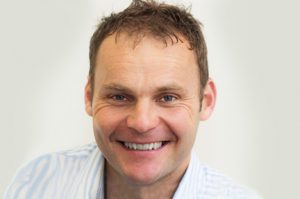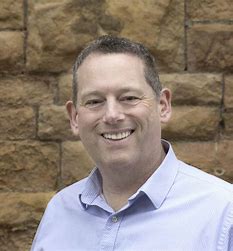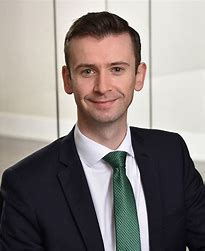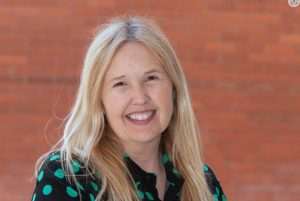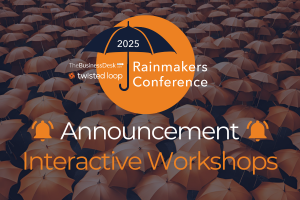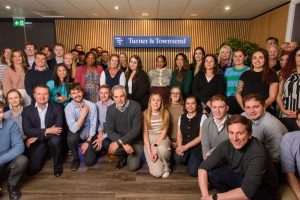Protecting the culture of a business in a fast-moving world
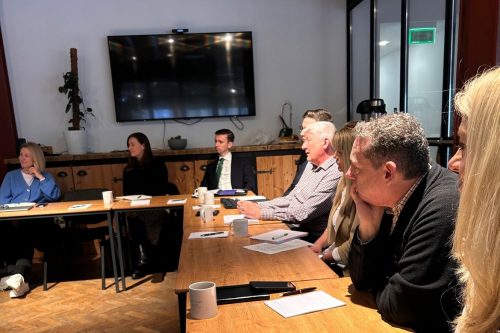
We all now live and work in an environment that is constantly shifting and moving.
The impact of change and the affect it has on the workplace was the subject of a round table organised by TheBusinessDesk.com with the support of Curium Solutions.
In the second report on the debate we examine how to manage change in the workplace at a time when our daily routines and patterns have been completely reshaped.
Most important of all the discussion focussed on how to protect the culture and purpose of a business with the majority of us now spending more time than ever before working from home.
The round table was held at Future Leap’s co-working space in Bristol and bought together people from a wide range of backgrounds and disciplines.
Andy Dawson, a director of Curium Solutions, believes that we are still at the beginning of a journey that is reshaping working practices.
He said: “There has been an incredible amount of change in the workplace in the last two to three years and I think we are all still trying to work out what is the best way to work. It has been a challenge for everyone including the leaders of businesses.
“I think in the next two to three years we will start to understand properly what skills we need, what are the best environments to work in and how we should organise our working lives to create the best cultures and get the best results.”
Dan Cockram is a director at Partners& and specialises in wellbeing and health protection. He believes the pandemic changed the agenda around work in many ways.
He said: “The pandemic bought people back to the top of the agenda in terms of well-being and people being happy and content in their place of work.
“In the immediate aftermath of Covid we saw a war for talent which meant that employers had to seriously up their game and make ensure that they were doing the right things to attract and hold on to the best people.”
Dan added: “The one thing that a lot of companies have struggled with has been the impact on mental health. When we were all in the office together it was much easier to pick up on when people were struggling to cope.
“It is much harder to be proactive and to support people in a remote situation, if someone is having a problem at home then it can be much harder to spot.
“We have scaled up quickly as a business and doing that remotely as an organisation has been a huge learning curve for all of us. We have had to learn lots of lessons along the way about how we protect the culture of the business while still working independently.”
Zoe Colosimo, the chief operations officer of Bristol-based giving platform Neighbourly, thinks that we all need to start adopting a new mindset.
She added: “The misstep is to think we can do exactly the same things we did an office but just do it behind a computer screen.
“That is why we all need to think really hard about what we are doing, how we are doing it and why we are doing it. The key to success is to have some sort of structure in place.
“One of the things we did as an organisation was to bring our strategic objectives right into the heart of the company. We made sure that every single person knew how we were performing and how each team was contributing towards the long-term goals. That really did help us with motivation and keeping people engaged.”
Emma Taylor, the chief people officer at Curium Solutions, believes some leaders and managers have found themselves trapped behind their computer screens.
She added: “In the new environment it has become harder as a line manager to find the right balance when it comes to dealing with people.
“Managers are having to adapt to new ways of working, keeping the business operating at an optimum level while making sure that everyone is fully motivated and feels a part of the organisation.
“But it is also important to point out that line managers have more access than ever to people who can help them with coaching and support. A lot of that can now been done online, everything has become a lot more accessible and cost effective as we have moved towards the new model of working.”
Natalie Ward, employment partner at Thrings Solicitors, said: “Building a positive workplace culture that lasts requires you to instil those values in your most junior members, as they will be the leaders of tomorrow.
“This takes time and a concerted effort by line-managers, which can sometimes conflict with target-driven industries, so businesses need to be alive to the long term benefits of this approach and be willing to explore how they can achieve this in a hybrid working environment.
“By giving juniors the support and supervision they need to learn and flourish with confidence, businesses can have trust in having a well-rounded reliable workforce in the years to come.”
Nina Searle, a partner at Bristol law firm TLT, said: “Training and investing in that extra support has been an essential part of the success at a company like ours. It has also been important in terms of getting ahead of the technology and understanding the likely impact of things such as AI.
“We have been able to bring in consultants to help and support the business so it can be ready and prepared for the changes that are coming down the line.
“Investing in skills and helping people understand the technology is absolutely essential in the current working environment.”
Alan Bailey, the founder and director of Future Leap, believes there is something of a generation gap in the new world of work.
He said: “I think one of the reasons older managers have struggled in the new environment is the issues around trust.
“Companies will lose out on the talent if they expect people to come into the office every day but there is still a major issue around trusting people and allowing them to get on with their work.
“It can be so much harder to keep track of everything that is being done in a business if it is all being done remotely. But there has to be an atmosphere of mutual trust and openness around what everyone is doing and what they are trying to achieve.”
Paul Bray, a partner at PKF Francis Clark, has helped to grow and develop the business in Bristol. That has meant he has had to take on new staff under very different circumstances compared with past times.
He said: “When it comes recruiting the roles have changed and the candidate is often the one who is interviewing you to make sure you are giving them what they want.
“If you are not offering the right sort of conditions and career opportunities then people will simply look elsewhere. People are now much more demanding in terms of what they want from you.”
Simon Dawes, a managing director with Cooper Associates, believes that there has been a move back towards the office as people look for more help and support in their roles.
He said: “All of our advisers have always had complete flexibility but after the pandemic came to an end, we found that everyone came back to the office. That has worked really well for us, particularly from a culture and a business perspective.
“What has really made a difference for us in terms of flexible working is where we can recruit from. We are no longer operate in a 30 mile radius from the office, flexible working means that we can recruit from much further afield.
“All of that means that we have much more talent available, which has been amazing for the business. What we have found is that the hybrid working model is the most productive and works the best for us in terms of loyalty and culture.”
Lynne Blakey, from Evelyn Partners, added: “It is really important as a manager to be responsible for every member of the team and you have to take that into account when you are dealing with people.
“I don’t think it is fair to send people emails late at night and outside of working hours because you are putting pressure on people.”
She added: “In the new way of working you need to think about how you interact with staff. We all now have mobile phones which means you can get in touch with people all the time.
“I made a personal decision that there are times when I don’t want to contacted. I think it is only fair that my staff are treated in the same way. Everyone needs to have a break from work so they can relax and clear their minds.
“I let people know that they are not expected to be working constantly, you have to be proactive so people are aware of what the boundaries are.”
Sharon Burgess, director of operations at Healix Health Solutions, believes there is still no substitute for face to face interaction.
She added: “We are now seeing a move back towards meetings in person, particularly when it comes to business development and pitching for new work.
“When we are talking to people for the first time more and more businesses are expecting to see us in person.”
She added: “We offer flexibility and hybrid working but we are now getting to the point as a growing business where we are looking for extra office space.
“The feedback that we get from employees is you cannot replace that camaraderie that you get when people come together workplace. We are finding more and more that people want to return to that shared experience.”

